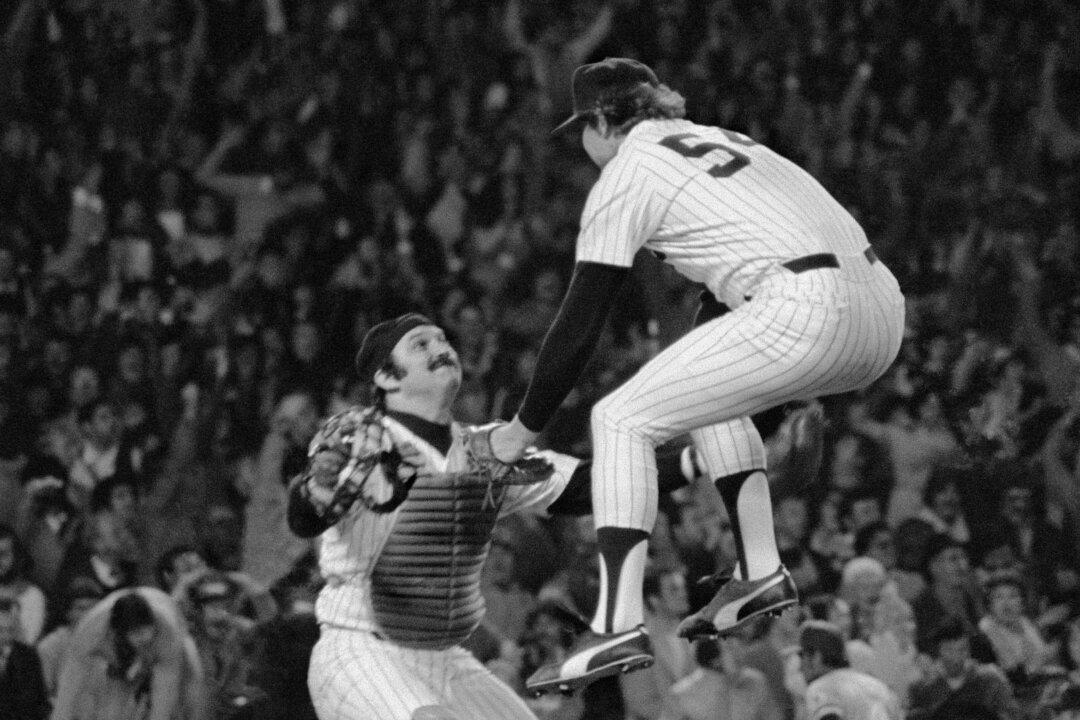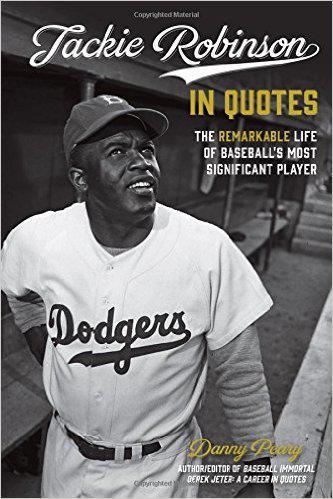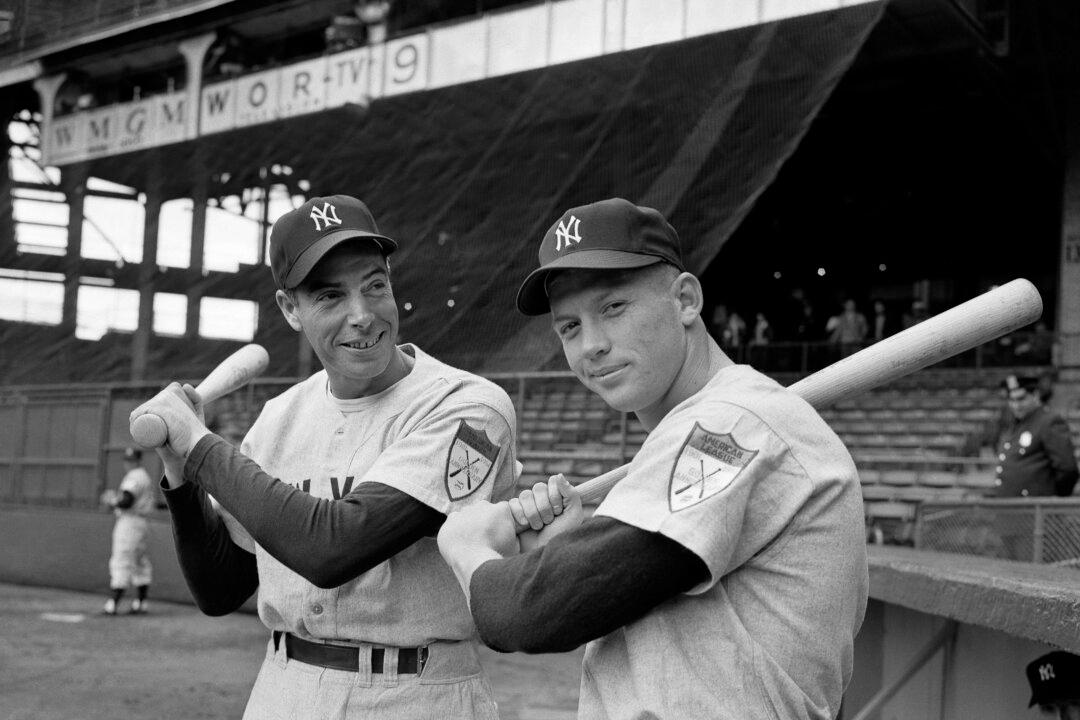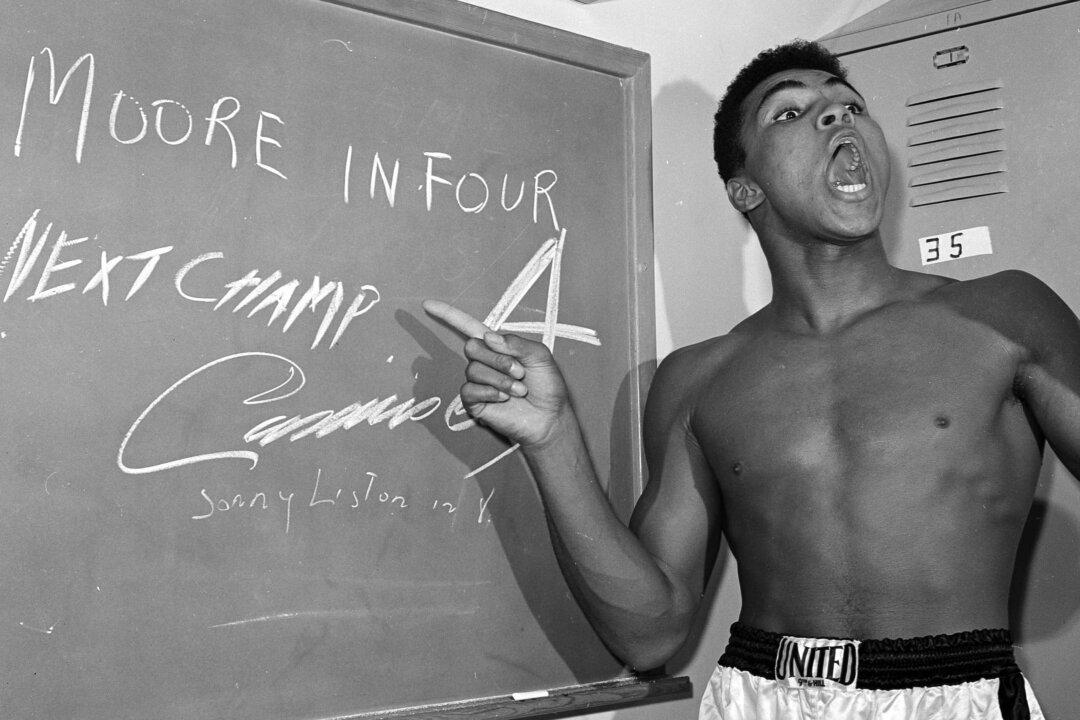This is a well-executed retelling of the game and its surroundings from all points of view: officials, coaches, players, the media, and even fans. Among the narrative’s best parts are the late Stram’s detailed recollections from an unpublished manuscript made available to the author from Stram’s son. Verdict: Consistently fascinating, this book will appeal to all football fans.—Library Journal
One of Commissioner Pete Rozelle’s suggestions for the name of the new game was “The Big One.” That name never caught on. “Pro Bowl,” was another Rozelle idea. Had the name been adopted there would have been confusion for that was the name used for the NFL’s All Star game. Another name was floated “World Series of Football.” That died quickly. It was deemed too imitative of baseball’s Fall Classic.
There was no Super Bowl Committee. That some said was part of the problem. There was also a game that had no location that had no name. That, too, was part of the problem.
It was Rozelle’s idea to call the contest, The AFL-NFL World Championship Game. (Los Angeles Times February 03, 2007)
That name for the game was official; however, it never took off. It was too cumbersome, a mouthful, no good for newspaper headlines.
BOYD DOWLER: We thought it was kind of funny they called it the Super Bowl; that was a feature of the media more than anybody else. But the AFL-NFL Championship Bowl Game, yeah, that’s a lot more words than necessary. Super Bowl is a lot more practical.
SHARON HUNT: The name AFL-NFL championship game was too unwieldy, hard to get straight.
Two days after all the hullabaloo over the merger, New York Times sports columnist Arthur Daley wrote about what the future held in store: the “new super duper football game for what amounts to the championship of the world.”
The Los Angeles Times reported on September 4, 1966 that the game was being “referred to by some as the Super Bowl.”
The New York Times sports section’s lead story that same day headlined: “NFL Set to Open Season That Will End in Super Bowl.”
The Washington Post a week later reported: “The brash upstarts who will tackle Goliath in professional football’s ultimate production, a highly appealing ‘Super Bowl’ that promises extra pizzazz at seasons’ end.”
LAMAR HUNT, JR: My parents got divorced, and my dad who was the head of the American Football League would come over and pick us up. And I remember showing him the Super Ball, the “whammy” super ball and saying, “Hey look, this will bounce over the house, this ball.”
You know my dad was not going to be preoccupied with toys that were given to children. You know, he might have bounced the ball. We just remember demonstrating it.




